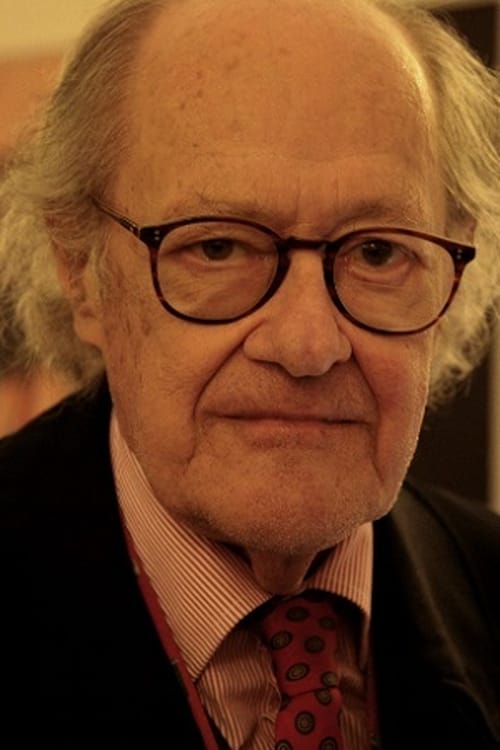Ugo Gregoretti
Nascimento : 1930-09-28, Rome, Italy
Morte : 2019-07-05
História
Ugo Gregoretti (born 28 September 1930) is an Italian film, television and stage director, actor, screenwriter, author and television host.
Born in Rome, Gregoretti entered RAI in 1953, working as a documentarist and a director. In 1960 he won the Premio Italia Award for the television documentary La Sicilia del Gattopardo. In 1962 he made his film debut with the comedy-drama I nuovi angeli. Since 1978 he started his activity on stage as director of prose and opera representations. His activity as director is mainly characterized by a sensitivity to the political and social issues combined to a peculiar use of irony and satire.

An unusual portrait of Ugo Gregoretti, actor, film, television and theater director, and father of 5 children. His children and his wife tell us about him, going through the years spent together, talking about his irony and tenderness, his indulgence and his ability to make people smile.
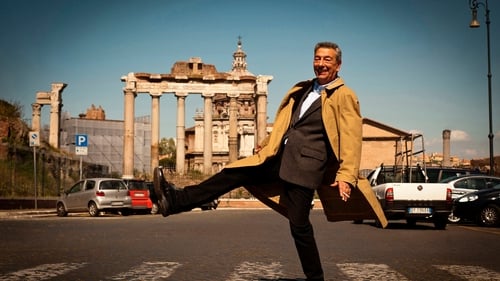
Generale
Easygoing Gianni looks forward to retirement - until he is informed that a change in the law obliges him to work three more years. Faced with the outrageous possibility of having to do a full day's work, he sets about finding a way to achieve a quiet life

Director
100 years ago, a terrible earthquake, followed by an equally terrible tidal wave, devastated and largely destroyed Messina and Reggio Calabria.

The story of La Rabbia by Pier Paolo Pasolini and Giovanni Guareschi, a movie lost in the archives of a laboratory in Rome, and recently re-discovered.

Himself

Self
Documentário biográfico do ator e diretor italiano Adolfo Celi, sua passagem pelo Brasil e sua influência no teatro e cinema brasileiros e italianos.

Self
Documentary about Italian film screenwriter Cesare Zavattini

Director
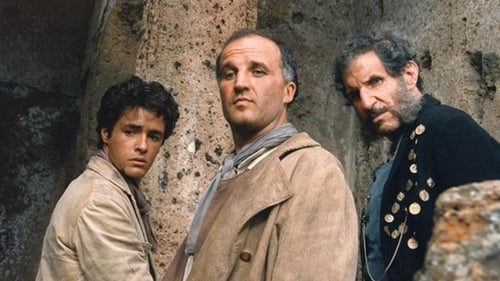
Marquis Lucifero
1848, Tuscan countryside. Edo and Lupo are two peasants running away after having robbed their boss. Chased by mercenaries, they'll meet bandits, damsels in distress, eccentric nobles, and revolutionaries along the way.

Editor
A film of Enrico Berlinguer's funeral in Rome, briefly tracing his career as leader of the Italian Communist Party.

In a hypothetical future not too far away people are completely dazed and spend their days passively watching TV. The state is controlled by a dictator, the Supreme Dreamer, who governs through the brutal force of the police, whose agents have a very elegant yellow and black latex outfit. The only entertainment of the people is to watch the dictator's dreams on TV, which are aired through a hat. One day the protagonist, an anarchist rebel with fake mustache, steals the dictator's hat. At that point begins his escape during which he will meet some very special characters.
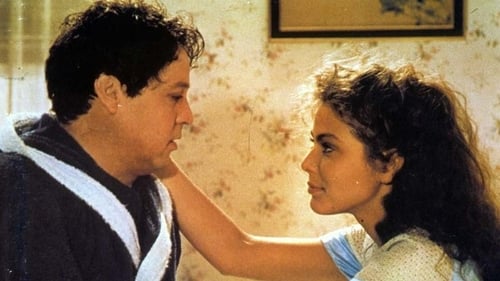
Lo psicologo
Pozzetto is a rich man obsessed by the idea of becoming poor. So, his psychiatric suggests him to leave home and live just like a poor man for some days. He will then become familiar with this way of living, and fear less the idea of becoming poor. So he does, and his old family & friends soon forget about him. They don't miss him at all.

Un ospite
Um jantar num terraço romano é uma oportunidade para conhecer um grupo de intelectuais da classe média que falam, discutem, e brigam também. A partir deste quadro se desenvolve a história com um roteirista curto de ideias, um jornalista incapaz de se renovar, um assessor da RAI propensos à depressão, um produtor de cinema vulgar e um deputado comunista um pouco duvidoso e adúltero. Um ano mais tarde, quando o tempo terá mudado o equilíbrio das coisas, eles se reencontram no mesmo lugar, talvez mais conscientes. (e 16 - Estimado 16 Anos)
2 versões de montagem:
150 min - Lançamento
154 min - na Finlândia

Writer
Based on 1925 Bulgakov's The Fatal Eggs, a zoologist finds a way to accelerate embryo growth in chicken eggs to help feed the population after the war. An unfortunate logistical accident makes the country swarmed with dangerous reptiles.

Director
Based on 1925 Bulgakov's The Fatal Eggs, a zoologist finds a way to accelerate embryo growth in chicken eggs to help feed the population after the war. An unfortunate logistical accident makes the country swarmed with dangerous reptiles.
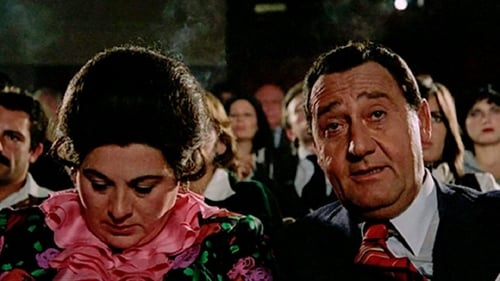
primo critico
A three novels about an ordinary people discovering erotic movies.
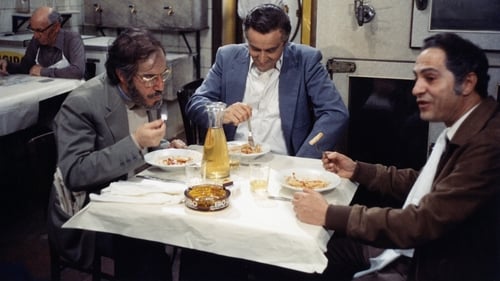
Presenter (uncredited)
Três italianos, Gianni (Vittorio Gassman), Nicola (Stefano Satta Flores) e Antonio (Nino Manfredi) se tornam muito amigos durante o ano de 1944 enquanto combatem os nazistas. Cheio de ilusões, eles se estabelecem depois da guerra. Os três amigos idealistas precisam lidar com a inevitável desilusões da vida no pós-guerra da Itália.

l'intervistatore
One of the first tv-movie of Gianni Amelio: a journalistic investigation about boys of Calabria.

Director
Factory workers struggles over contracts in post-68 Italy documented through original footage.
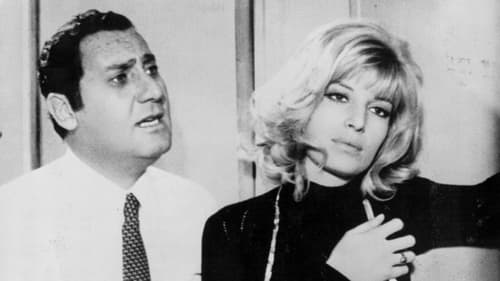
Michele Parodi
Giovanni and Raffaella are happily married from ten years, but their relationship goes into crisis when Raffaella falls in love with Valerio Mantovani, a handsome forty-year-old man she knew during the concerts of chamber music she weekly attends with her mother.

Director
The film documents the trade union battle of the workers of the Apollon printing house in Rome, occupied for a few months after the management decided to fire all the personnel and sell the land on which the factory was standing. In the form of a docu-fiction, the events of the long occupation are reconstructed, which began on June 4, 1967 and ended in December 1968. The workers play themselves and various other roles, but they are also co-authors of the film, which is not a simple chronicle of events, but an analytical reading of the reality of the factory, the story of the conquest of instruments of struggle and democracy, with the indication of strategies of attack on the bosses' power. The narrative voice of Gian Maria Volonté gives continuity to the story and comments on the events.

Director
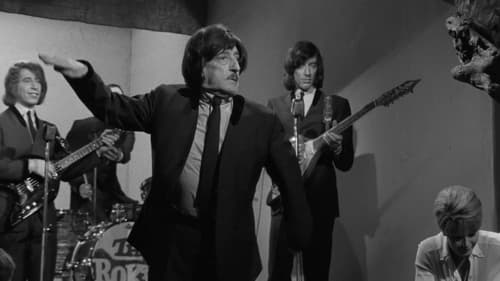
Screenplay
Professor Serafino Benvenuti is a master of classical music who has the passion of the orchestra director. However, the young audience of the 60 does not appreciate classical composers like Mozart or Beethoven, and so Serafino is likely to have compromised his image as a director. One day Serafino receives the news that his adopted daughter Rita is about to return to Italy from America, where she is studying. Serafino is very happy, because at least he can teach her the real music. However, Rita is deeply grown and changed: she follows the musical patterns of her time: the rock music and blues. Serafino gets very angry, especially when he discovers that his daughter falls in love with a young man, a member of a band called "The Rockets.
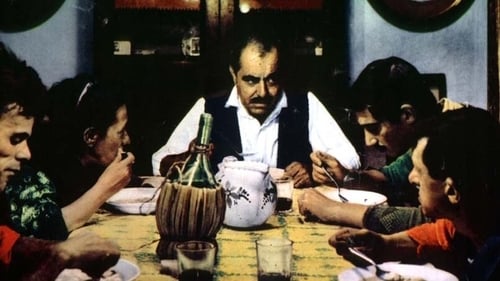
Story
The film's theme is four episodes that offer the public a glimpse into the lives of rich and poor families in Italy in the 1960s.

Screenplay
The film's theme is four episodes that offer the public a glimpse into the lives of rich and poor families in Italy in the 1960s.

Director
The film's theme is four episodes that offer the public a glimpse into the lives of rich and poor families in Italy in the 1960s.
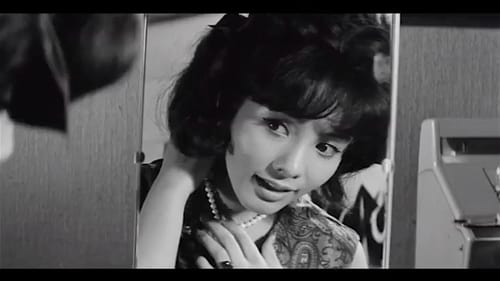
Writer
Five swindle stories, taking place in five international cities: Tokyo, Japan ("Fumiko's Five Benefactors" by Hiromichi Horikawa); Amsterdam, The Netherlands ("A River of Diamonds" by Roman Polanski); Naples, Italy ("The Road Map" by Ugo Gregoretti); Paris, France ("The Man Who Sold the Eiffel Tower" by Claude Chabrol); and Marrakesh, Morocco ("The Confidence Man" by Jean-Luc Godard). Godard's segment was not included in the original French cinema release, and Polanski's segment was not included on the 2016 home disc release.

Director
Five swindle stories, taking place in five international cities: Tokyo, Japan ("Fumiko's Five Benefactors" by Hiromichi Horikawa); Amsterdam, The Netherlands ("A River of Diamonds" by Roman Polanski); Naples, Italy ("The Road Map" by Ugo Gregoretti); Paris, France ("The Man Who Sold the Eiffel Tower" by Claude Chabrol); and Marrakesh, Morocco ("The Confidence Man" by Jean-Luc Godard). Godard's segment was not included in the original French cinema release, and Polanski's segment was not included on the 2016 home disc release.
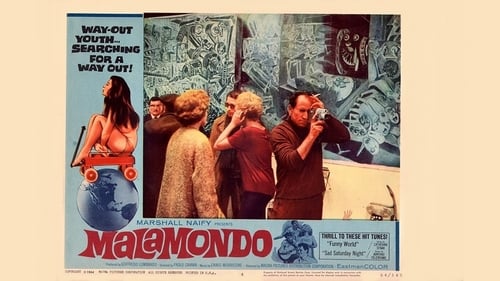
Writer
This documentary looks at strange behaviors and practices in Europe, including nude skiing in Switzerland, hot-butchering in Italy, and an orgy in a graveyard.
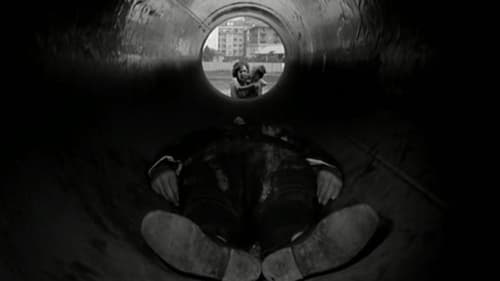
Writer
An alien takes over the body of a factory worker in order to learn about Earth so his race can take it over.

Director
An alien takes over the body of a factory worker in order to learn about Earth so his race can take it over.

Screenplay
Quatro curtas-metragens de quatro diretores diferentes lidando com princípios da vida moderna.

Director
Quatro curtas-metragens de quatro diretores diferentes lidando com princípios da vida moderna.

Director
Falling somewhere in-between a documentary and a droll drama (more like an enactment of reality, with a wink), this film by TV director Ugo Gregoretti looks in on a variety of social and ethnic situations throughout Italy. Sexual morés are contrasted, from the quaintly out-of-date courtship in Sicily to the sometimes uncomfortably explicit sexual references in the conversations of the youth at the opposite end of the country. Aside from these manners and morals, there is an examination of what happens when mechanized tools of production begin to take away from the human element at factories and in other industrial venues.
